Novum Capital Partners demonstrates comprehensive reporting methodologies and risk oversight frameworks that enable clients to understand and monitor their wealth management strategies effectively.
Transparent reporting and systematic risk oversight form essential components of sophisticated wealth management. Novum Capital Partners SA has developed client-centric reporting platforms and risk monitoring systems that provide comprehensive insights while maintaining accessibility for clients with varying levels of financial expertise.
Effective wealth management transparency requires sophisticated reporting capabilities that can translate complex financial information into accessible insights while maintaining comprehensive risk oversight across diverse portfolios. Firms like Novum Capital Partners Geneva that prioritize client-centric reporting and systematic risk monitoring provide essential transparency that enables informed decision-making and builds long-term trust through clear communication of both opportunities and risks inherent in sophisticated wealth management strategies.
Comprehensive Reporting Framework Development
Modern wealth management reporting must accommodate the complexity of contemporary Investment Portfolios while providing clear, actionable information that enables effective client engagement and decision-making. This balance requires sophisticated reporting frameworks that can integrate data from multiple sources while presenting information in formats that match client preferences and expertise levels.
The development of comprehensive reporting systems begins with understanding client information needs, communication preferences, and decision-making processes that vary significantly among ultra-high-net-worth families. Some clients prefer detailed technical analysis, while others require high-level summaries that focus on strategic outcomes.
Novum Capital Partners addresses these diverse requirements through customizable reporting platforms that can accommodate different information requires while maintaining consistency in data quality and analytical standards. The reporting framework integrates portfolio performance data, risk metrics, and market commentary into coherent presentations that support informed client engagement.
Key elements of effective reporting frameworks include:
- Customizable dashboard interfaces that enable client-specific information presentation
- Integration capabilities that consolidate information from multiple sources and service providers
Risk Monitoring and Assessment Systems
Systematic risk oversight requires comprehensive monitoring capabilities that can identify potential issues before they become problematic, while providing ongoing assessment of portfolio risk characteristics across changing market conditions. These systems must accommodate the complexity of modern portfolios while providing clear communication about risk factors that may affect investment outcomes.
Risk monitoring encompasses multiple dimensions including market risk, credit risk, operational risk, and liquidity risk that may affect different portions of client portfolios in varying ways. The monitoring system must be capable of evaluating these risks both individually and in combination, while considering how different risk factors may interact during periods of market stress.
Asset Allocation Strategy implementation requires ongoing risk assessment that evaluates whether actual portfolio characteristics remain aligned with intended risk-return profiles. This assessment must consider not only current risk levels, but also how portfolio risk characteristics may change due to market movements or strategy adjustments.
The risk oversight framework must also address the unique characteristics of Alternative Investments that may have different risk profiles, reporting standards, and liquidity characteristics compared to traditional investments.
Investment Portfolios Performance Attribution and Analysis
Performance attribution analysis provides essential insights into the sources of portfolio returns, while enabling evaluation of investment strategy effectiveness and risk management outcomes. This analysis must decompose portfolio performance across multiple dimensions including asset allocation effects, security selection contributions, and currency impacts that may affect overall results.
The attribution framework must accommodate the complexity of modern portfolios that may include traditional investments, alternative strategies, and specialized holdings with different performance characteristics and reporting standards. This comprehensive approach ensures that clients understand what factors are driving their investment outcomes and how different strategies contribute to overall portfolio performance.
Performance analysis must also consider risk-adjusted returns that evaluate investment outcomes relative to the risks undertaken to achieve those results. This perspective provides more meaningful insights into investment effectiveness while enabling comparison across different strategies and time periods.
Integrated Service Reporting and Communication
Modern wealth management extends beyond investment management to encompass comprehensive Family Office Services that require integrated reporting capabilities. This integration ensures that clients receive coherent information about all aspects of their wealth management, while understanding how different services interact to support overall objectives.
The integrated reporting framework must accommodate diverse service areas including credit facilities, tax planning, estate coordination, and specialized advisory services that may have different reporting requirements and analytical frameworks. This coordination ensures that clients understand how different wealth management activities work together.
Credit Consulting services integration requires reporting that shows how credit facilities affect overall portfolio performance, risk characteristics, and liquidity management. This integration helps clients understand the complete picture of their financial position while enabling informed decisions about credit utilization and portfolio management strategies.
Technology Infrastructure and Client Access
Modern reporting capabilities depend on sophisticated technology infrastructure that can integrate multiple data sources while providing secure, accessible client interfaces. These technology platforms must balance comprehensive functionality with user-friendly design that enables effective client engagement without requiring extensive technical expertise.
The technology framework must accommodate varying client preferences for information access, including web-based platforms, mobile applications, and traditional reporting formats that enable clients to access information according to their specific needs and preferences. This flexibility ensures that reporting capabilities support rather than constrain client engagement with their wealth management strategies.
Security considerations become particularly important in client-facing technology platforms that must protect sensitive financial information while enabling convenient access to authorized users. The security framework must balance protection requirements with accessibility requires, while maintaining compliance with applicable privacy and data protection regulations.
Specialized Reporting for Complex Assets
The expansion of wealth management into specialized areas requires reporting capabilities that can accommodate unique characteristics and analytical requirements of different asset types. These specialized reporting needs to demonstrate the evolution of wealth management beyond traditional categories into areas that require distinct evaluation and communication approaches.
Specialized services such as New Yacht Consultancy Services require reporting frameworks that can integrate lifestyle asset management with traditional wealth management reporting while addressing unique considerations including operational costs, regulatory compliance, and insurance requirements that may affect overall portfolio planning.
The specialized reporting framework must maintain consistency with overall wealth management reporting standards while accommodating the unique characteristics of different asset types and service areas. This consistency ensures that clients receive coherent information across all aspects of their wealth management, while benefiting from specialized expertise in areas that require technical knowledge.
Regulatory Reporting and Compliance Documentation
Comprehensive wealth management requires coordination of regulatory reporting obligations across multiple jurisdictions, while maintaining appropriate documentation for client protection and regulatory compliance. This coordination function requires systematic processes that ensure all reporting requirements are met while avoiding duplication or conflicts between different regulatory frameworks.
The regulatory reporting framework must accommodate varying requirements across jurisdictions while providing clients with appropriate transparency about their compliance obligations and the measures taken to ensure ongoing regulatory adherence. This transparency builds client confidence while ensuring that all parties understand their responsibilities.
Compliance documentation must be integrated with client reporting systems to ensure that regulatory requirements are met without compromising client service quality or information accessibility. This integration demonstrates how regulatory compliance can support effective wealth management communication and client engagement.





